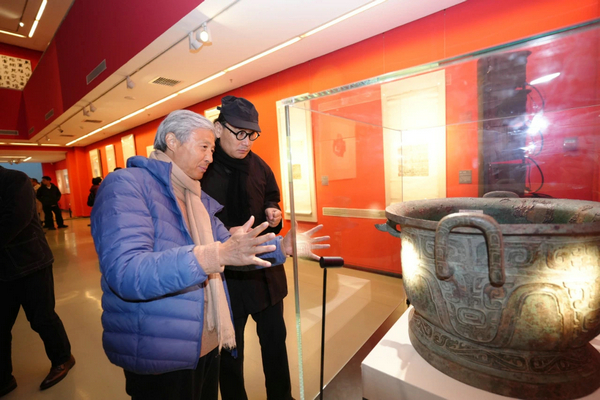

In the year 992, Zhao Jiong, an emperor of the Song Dynasty (960-1279), ordered the compendiums of fine calligraphy from various dynasties in the royal collection. The featured pieces were engraved on stones as model calligraphy. This collection, called Chunhua Ge Tie, is known today as one of the most significant achievements in Chinese calligraphy.
The compiling of Chunhua Ge Tie prompted the popularity of ke tie (engraved model calligraphy) at the time. The widespread practice of engraving model writing pieces on stones, or sometimes wooden blocks, allowed more people to study and make their own rubbings.